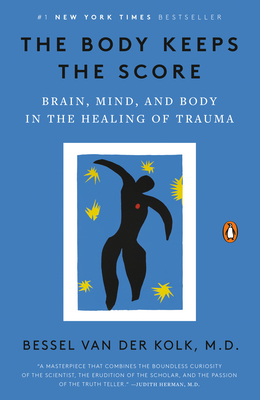
Interlingua Grammar and Method Second Edition: For The Use of The International Vocabulary As An International Auxiliary Language And to Increase Your
Description
Learn the international vocabulary while learning a language based on it with a simple English-like grammar and vocabulary, Interlingua. The international vocabulary consists of the thousands of words with similar forms and the same meanings shared by the major European languages due to the influence of Latin (both Classical and Vulgar) and the Romance languages, which descended from Latin. It represents the objective rendition of the major common lexical heritage of the European languages. It could be an auxiliary language of the European Union, the Western Hemisphere, and other nations speaking English or the Romance languages. This book is a complete treatment of Interlingua, from grammar, vocabulary, word formation and analysis, to a detailed treatment of the objective methods used by professional linguists to extract and standardize the international vocabulary as an objective, external reality. Numerous texts in Interlingua are included along with a translation from the Italian of a segment of Boccaccio's account of the Black Plague in his Decamerone. Examples are given how the objective methodology can correct some errors of earlier linguists who worked on Interlingua's development. The book also uses that objective methodology to solve the problem of the grammatical particles produced when the original developers used a flawed study to find them and then abandoned that methodology altogether in providing a complete list of Latin particles and a potpourri of particles taken from previously constructed languages, leaving users of interlingua to their own subjective devices to choose from. The book provides an appendix of a complete list of over 185 particles and their objective grounding in the Romance languages, which are the only possible source for a set of particles methodologically coherent with the rest of the vocabulary. Because Interlingua is a simplified Romance language, which includes English, you will be able to write in Interlingua in the Web and most speakers of Romance languages will understand you. And you will discover that, knowing Interlingua, you can also read books, newspaper articles, and blogs in the Romance languages with often very good comprehension. So, learn Interlingua and increase your word power The book includes two glossaries of 3,248 words, along with a complete table of contents and an exhaustive index. This edition also includes references supporting various assertions throughout the text.

